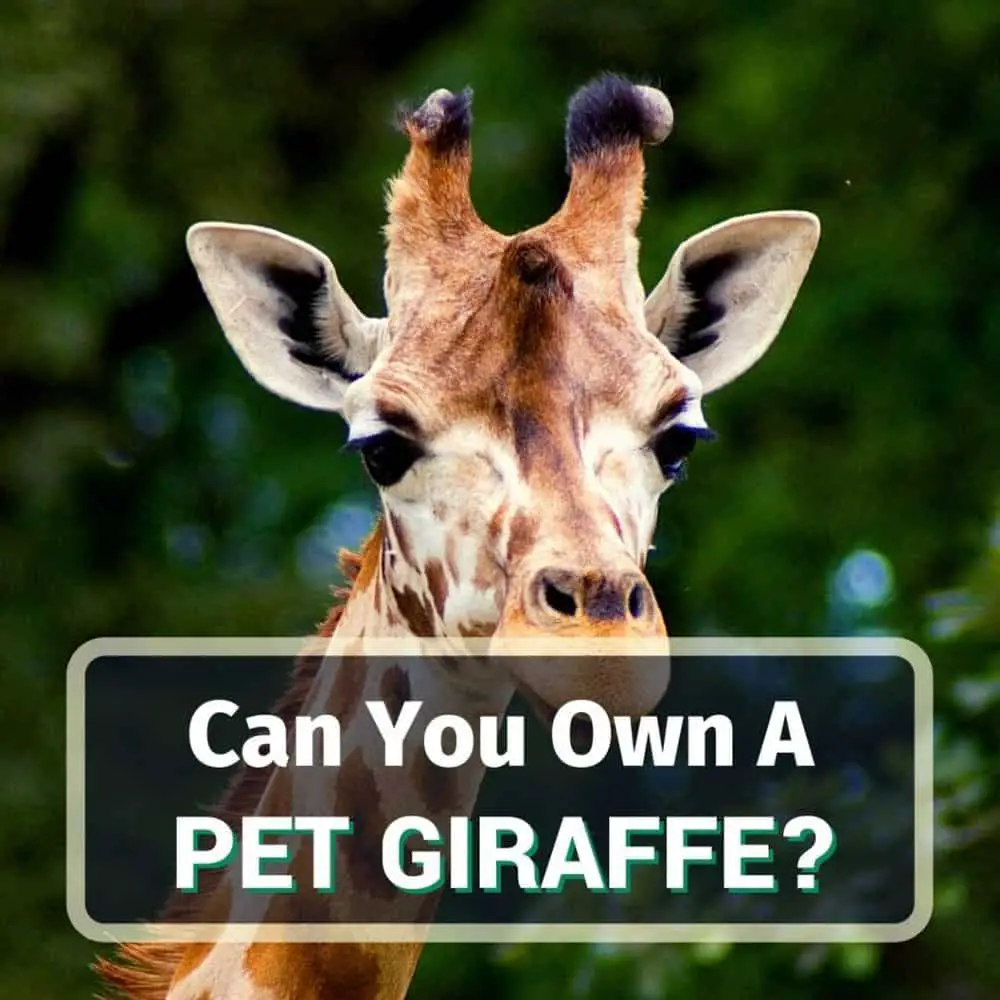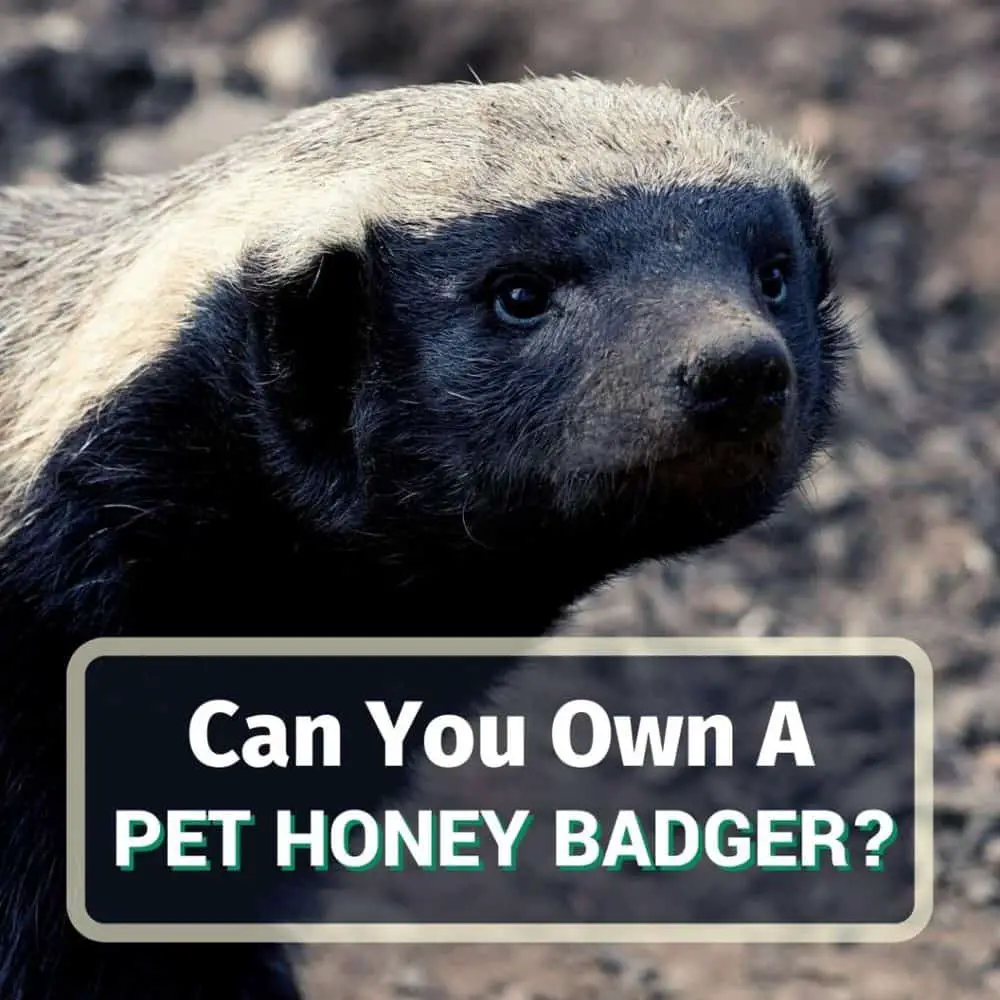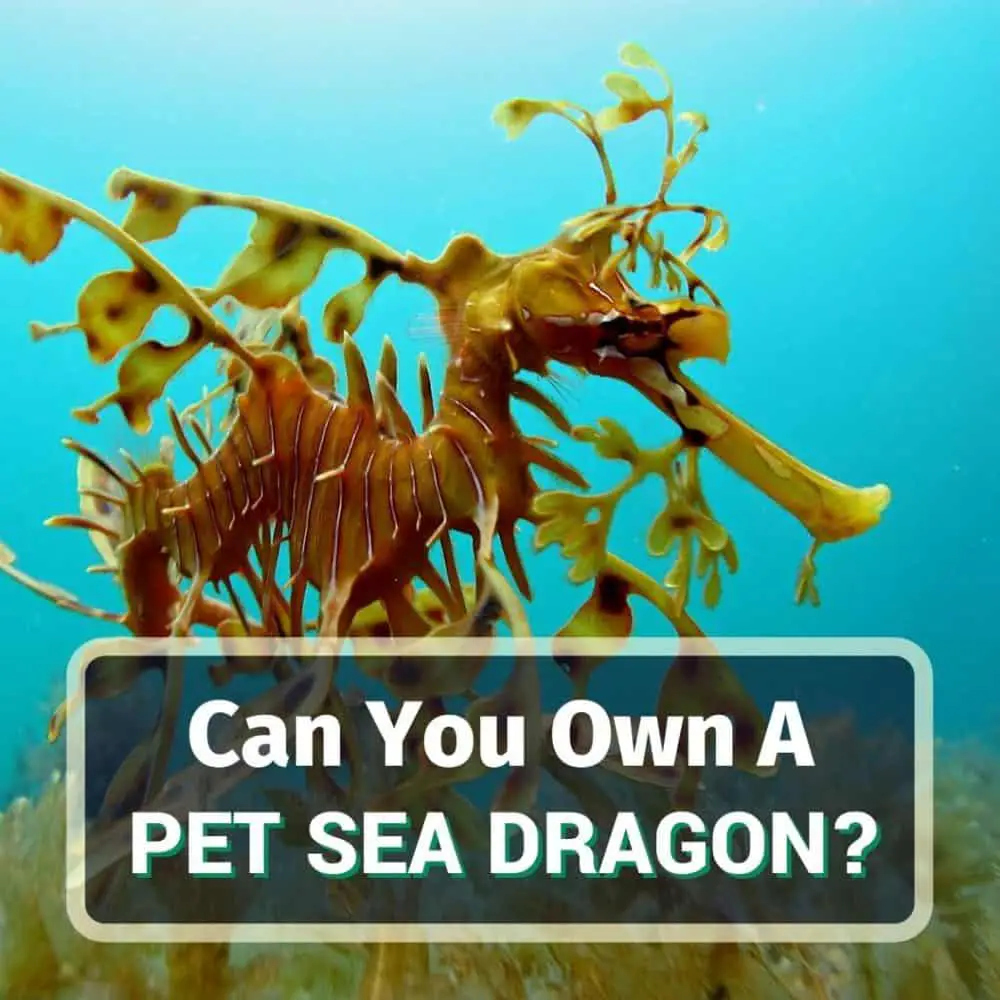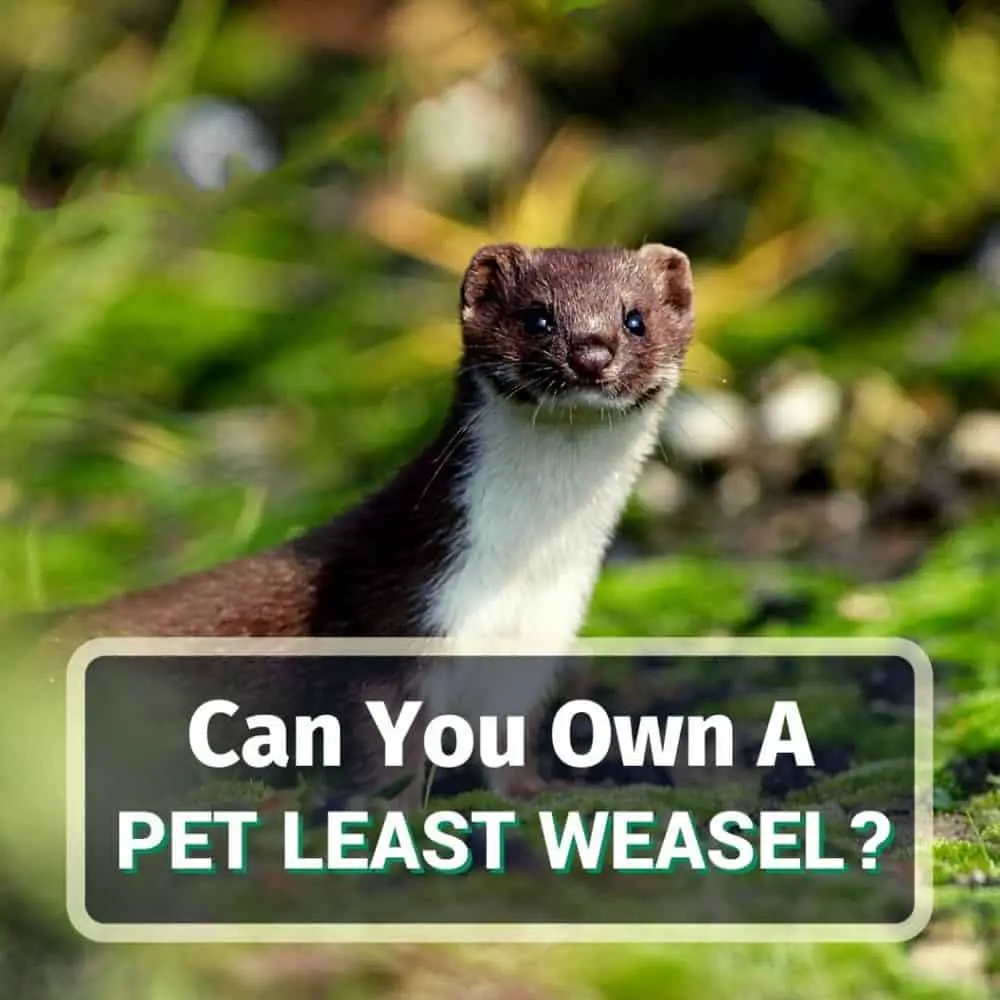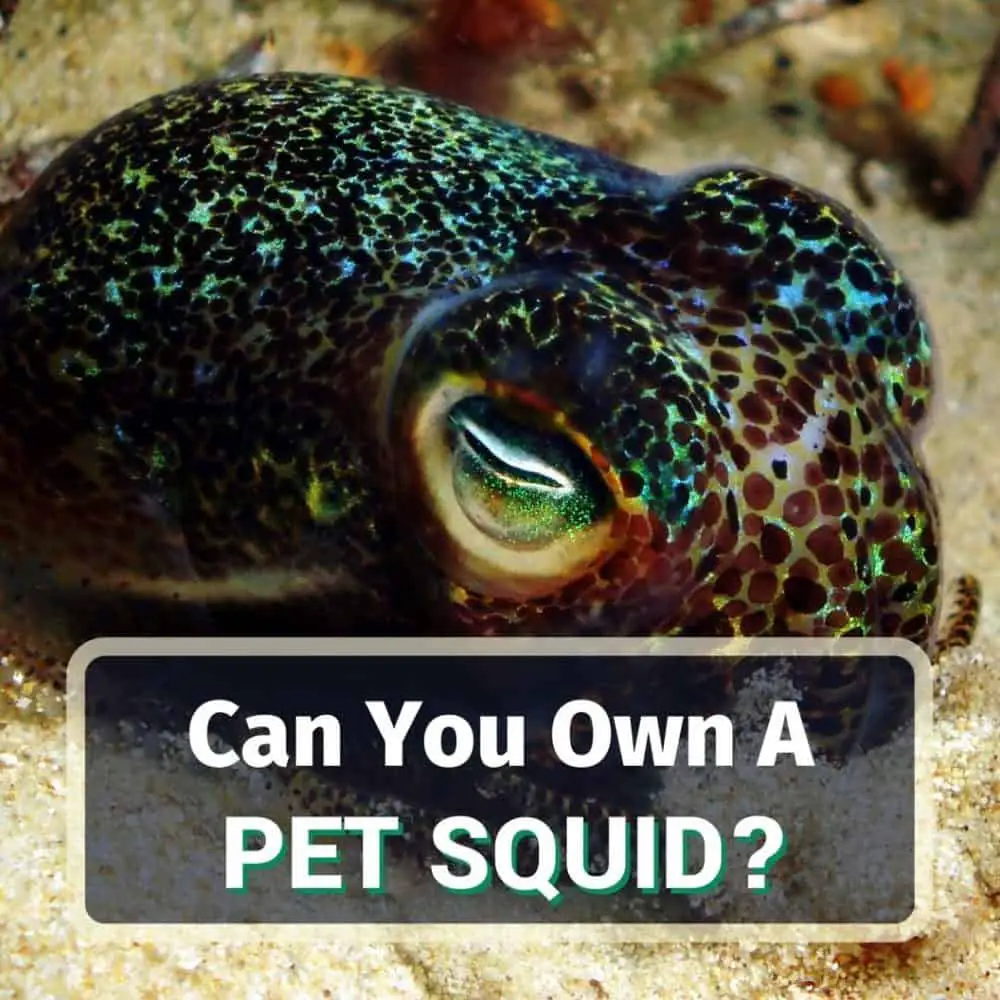Do hippos make good pets? Obviously, the answer to this question is just no. But some rich people might still have the possibility. Are you curious what it would be like to own a pet hippo? Then read on and learn more about them in this article!
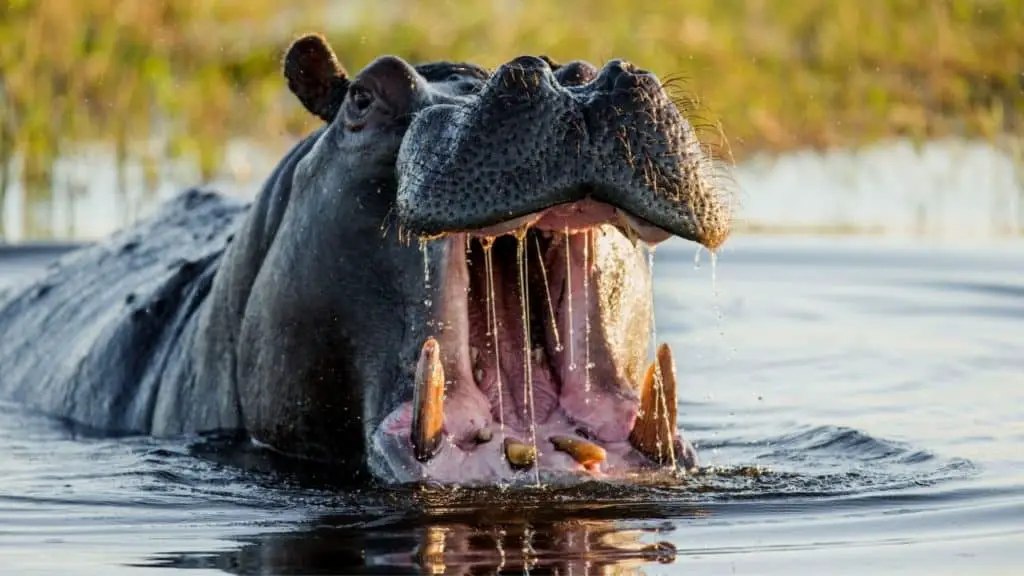
Is It Legal To Own A Hippo?
You might assume that owning a hippopotamus would be illegal. After all, they are wild animals, and wild animals tend to make very poor pets.
But the truth is, it is sometimes legal to keep a hippo as a pet. Even in the United States, where restrictions tend to be tighter, you can legally own a hippopotamus – in certain states and under certain conditions.
You can legally be the owner of this animal in Mississippi as long as you have an appropriate permit. In Oregon, you can keep a hippo or a pygmy hippo as a pet without a license.
Tennessee classifies many large, exotic animals as Class I pets. You can possess a Class I pet as long as you have the proper permits, including animals like hippos.
Just because something is legal doesn’t mean it’s a good idea. Let’s look at why having a pet hippo is usually a bad idea, even though it’s legal in some states.
Hippos Aren’t Domesticated
Hippos are, by definition, wild animals. That means they aren’t domesticated, and shouldn’t be treated as pets. Domesticating a wild animal would take years of intense training and dedication. When it comes to domesticating a wild animal – especially a large one like a rhino or hippo, you might put in years of effort for very little “reward”.
As wild animals, they are extremely dangerous. It’s not uncommon to hear about hippos attacking humans, mauling them, and even killing them. Keeping them as pets can lead to serious injury or death.
Putting a wild animal in such a scenario is never a good idea. Treating a hippo as a dog or even a horse can lead to severe problems, including putting yourself and the hippo in danger.
The best thing to do is avoid those possibilities entirely and treat them like the wild animals they are.
But some hippos are also different. Watch the video below to see a tamed one interacting with humans.
Hippos Need Space
Imagine owning a pet lion – a giant creature that needs plenty of room to run and expend energy. It probably doesn’t take much for you to realize that owning a lion isn’t a great idea, but it should give you some sense of how much space you need to have if you want to own any exotic animal.
Now, remember that hippos are much bigger than lions. They need space to run and move, water in which to swim and soak, and they need plenty of room away from other creatures.
Trying to keep a hippo confined to an acre or two in your back pasture is bound to end in disaster. A dog can enjoy such a small amount of space, but a hippo needs more.
Not only do hippos need a lot of land to call their own, but they need lots of water to stay comfortable. They spend a great deal of time cooling off in the water, so it’s essential to have a pond big enough for them to enjoy.
Maintaining the land it would take to raise a hippo would be an incredibly expensive endeavor. Add that to the cost of feeding, medical bills, and cleaning up after your pet, and it isn’t a financially sustainable option for most people.
In the wild, hippos have large swaths of land they treat as their own. Trying to limit how much space they have could be severely detrimental.
Hippos Are Vulnerable and Endangered
Having something like a pet seal is out of the question for many reasons – mainly because they are a protected species.
Similarly, hippos are a vulnerable species, which means their population is steadily declining. Pygmy hippos are, unfortunately, no different. There are several reasons why their population is hurting, including being a popular hunting target.
Owning a hippo might seem like a brave thing to do, but you won’t be able to give them the sort of life they would otherwise enjoy if they were able to run free in their natural habitat.
Hippos Are Huge
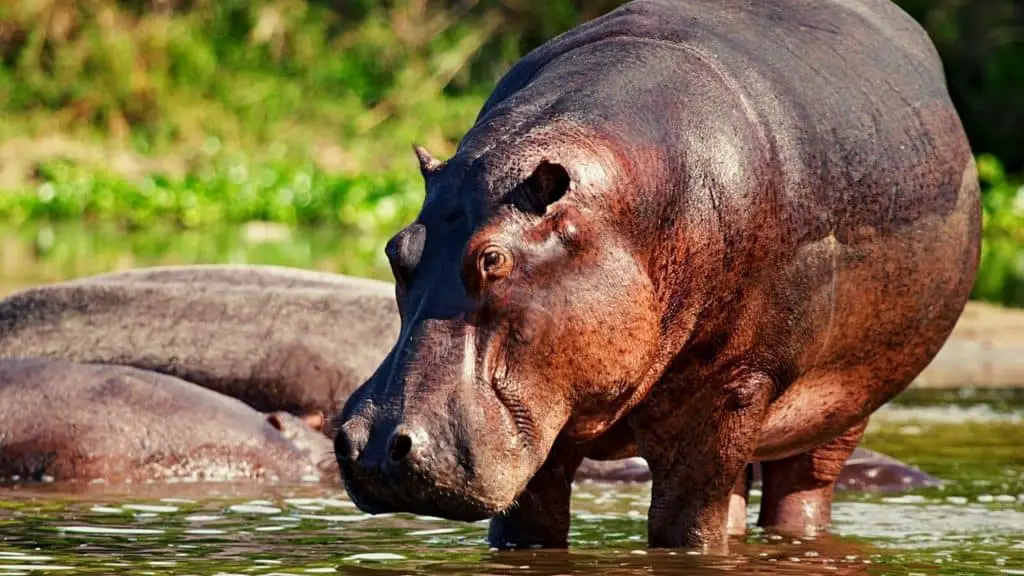
Baby hippos look cute and cuddly, just like a giraffe looks adorable and manageable when it’s a baby. But, don’t let this early stage of life deceive you.
They are massive creatures just like elephants.
The name “hippopotamus” originates from a Greek word that means “horse of the river,” but they probably should have picked something much larger than a horse.
Hippos are one of the largest mammals to walk the earth. On average, a male can weigh anywhere from 3,500 to 9,920 pounds. They only stand about 4-5 feet high at the shoulder, but their weight more than makes up for their short stature.
As giant creatures, hippos need lots of room, lots of food, and lots of management. They thrive in the wild, but as pets, they would stagnate. The last thing you want is 9,000 pounds of angry, sad, or bored hippo on your hands.
There Are No Hippos For Sale
Even if all these other factors were irrelevant, there’s still the question of where to buy a hippo. You’re not going to find one with a quick online search. Perhaps a breeder would have one for a reasonable price? Are hippo breeders even in existence?
Searching for someone who sells potentially illegal exotic animals will probably lead you into a shady deal of some kind. People don’t sell them as some regular side hustle, and there aren’t many hippo farms out there, either.
Looking for pygmy hippos might seem like a worthwhile alternative, but the cost will be just as high and the situation just as sketchy.
Are Pygmy Hippos An Alternative?
The short answer is no. A pygmy hippopotamus is a mini version of the enormous hippo, and it has slightly different behaviors and personality features.
Pygmy hippos are incredibly rare. They live in West Africa, mostly Liberia, with minimal possibility for expansion elsewhere. This makes them dangerous to have as pets since they are an endangered species.
Owning a pygmy hippo is not a good alternative. They are wild animals, just like the big ones. Even if they’re micro compared to a regular one, they’ll be more comfortable in the wild.

